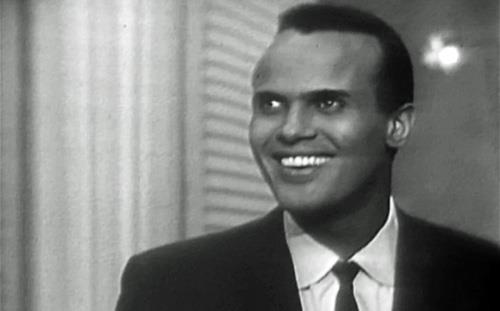
Some years ago, I was interviewing the singer Jerry Butler, and the conversation turned to the subtle ways in which Black artists still faced a harder road than Whites.
Besides the segregation of the music industry, which often pushed Black artists into the "black" market rather than the larger mainstream "pop" market, Butler explained that Black artists had less access to promotional platforms that could expose their music to wider audiences.
Specifically, he cited The Tonight Show.
No offense to its host, he added, the legendary Johnny Carson. Nor did Butler suggest the network, NBC, had a blacklist. Butler saw it as more subtle than that.
"They want a show that seems relaxed and friendly," Butler said. "So they book guests they think Carson will feel comfortable with. People in their circle. People they might play golf with.
"That's not going to be me."
Late-night television's overwhelming whiteness has been a topic of pointed conversation for decades, which lends considerable historical resonance to a new Peacock documentary called The Sit-In, which premieres Thursday on the streaming service.
The Sit-In revisits the week of Feb. 5-9, 1968, when Carson went on vacation, and Harry Belafonte took over the host's chair.
The guest list was decidedly not the people with whom the NBC bookers were likely to play golf. It included Dr. Martin Luther King, Sen. Robert Kennedy, Nipsey Russell, Lena Horne, Diahann Carroll, and more than a dozen others who shared some of Belafonte's activist views in a timeslot that many Tonight viewers considered a refuge from all the news they heard the rest of the day.
By early 1968, Belafonte was not only a significant player in the civil rights movement but also had spoken out against the Vietnam War. While he also had a reputation as an entertainer with broad crossover appeal and he was not negating Tonight's entertainment function, he says in The Sit-In that he took the gig only after getting the promise that "I be allowed to be myself."
He had Carson's blessing, he says, though naturally, the guest list was subject to network approval. That probably helps explain why the list did not reach as far as radical voices like a Stokely Carmichael.
Nonetheless, the commentators here agree, Belafonte's week marked a striking departure for a show that had been – and, after Belafonte, would continue to be – a soft landing for the day.
It's only in the last few years, The Sit-In notes, hosts like Stephen Colbert have given late-night a more overtly political tone. The Sit-In also notes that it would be more than 20 years before late-night got its first full-time Black host, Arsenio Hall.
Interestingly, The Sit-In – directed by Yoruba Richen and executive-produced by Joy Reid of MSNBC – uses only select and often relatively brief clips from the Belafonte shows. We see brief snippets of music and a few questions and answers, mostly with the more prominent names like King and Kennedy – both of whom would be murdered within the next four months.
The Sit-In spends more of its time framing the context of February 1968, the start of a year for which the term "contentious" only begins to explain the forces tearing at the fabric of the country.
Belafonte took over Tonight less than a week after the Tet Offensive had shocked many Americans into reassessing the Vietnam War, doubting whether the government's relentlessly optimistic assertions were, in fact, true.
The Civil Rights movement was splitting into more overt factions, putting enormous pressure on Dr. King over his strategy of non-violence and his launch of a Poor People's Campaign designed to incorporate Latinos, Mexicans, Native Americans, Blacks, and Whites.
King talks about that with Belafonte. King also makes a couple of jokes, reflecting that Belafonte, like Carson, was using Tonight as a forum in which public figures could relax and perhaps seem a bit more human than they did in their day jobs.
Purely as a host, from the fragmentary evidence here, Belafonte did okay. He had written out his questions, and he asked them in an engaging, professional manner. He had a likable style that seemed to make guests feel comfortable talking with him.
He wasn't Carson. He didn't have that almost supernatural ease or the well-polished sense of timing.
However, he clearly accomplished his goal: to open late-night, if only for a week, to people who would ordinarily not have been there.
In the history of late-night and talk television, Belafonte's week could be seen as an intriguing footnote. Perhaps by someone like Jerry Butler, it could also be seen as a glimpse of what wasn't.